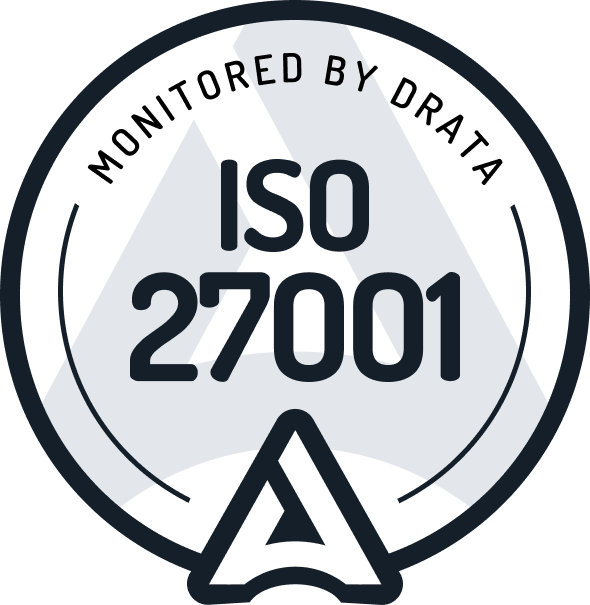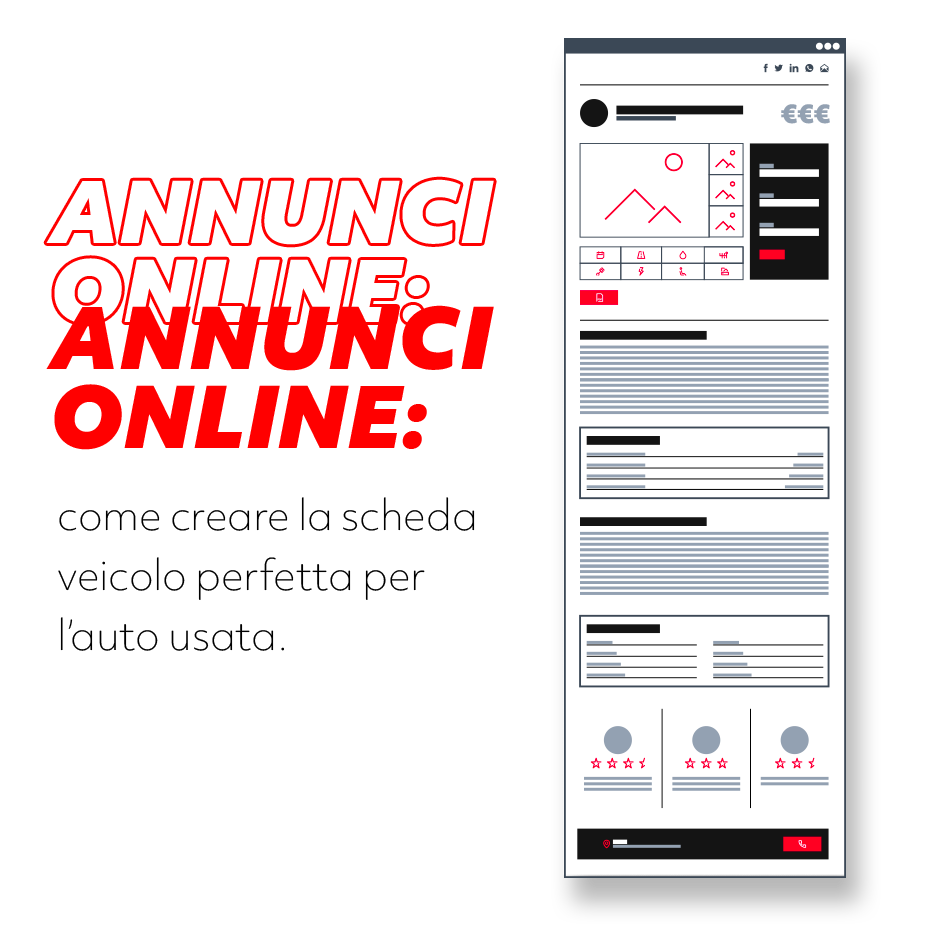Digitisation, innovative web-marketing strategies, e-commerce, new technologies and artificial intelligence: these are just some of the topics discussed in Milan and Barcelona during the latest two editions of Internet Motors, a meeting platform created by MotorK where internet experts come together with automotive professionals from all over Europe to discuss the best online marketing practices in the automotive field.
In the past few weeks, editions 21 and 22 of Europe’s most important digital automotive event were held both in Italy and Spain. Two occasions entirely dedicated to dealers, car manufacturers and the entire automotive supply chain in which they had the opportunity to listen to experts and opinion leaders speaking about the future of the sector, asking themselves the steps to be taken to accelerate the process of digitisation. Below are some of the hot topics that emerged from the two events.
Pictures and Videos Matter

Automotive e-commerce is getting evermore real as one in two Europeans (51%) claim to be ready to buy a car online if the buying process is supported by pictures and videos good enough to replace a real-life visit. This was a key insight revealed by MotorK through a study taken to understand consumer perceptions of their online relationship with car dealerships, and what needs to be done to improve the digital customer journey.
Pictures and videos are essential tools for choosing the right car, as the process mostly takes place online (as reported by Google, 92% of car buyers start their
research online): according to MotorK, 93% of consumers looking for cars believe pictures are important to figure out which car is the right one, while according to 71% of the sample videos are just as relevant. This data – recorded examining a sample composed by 5,000 users looking for a new car in Italy, France, Spain, Germany, and the UK – goes along with the trends pointed out by DriveK, MotorK’s new car marketplace: the conversion rate from searches to leads (meaning they become quotation requests and test drives in dealerships) of people who viewed 360° pictures is 29% higher than those who didn’t see them. Moreover, the conversion rate from research to lead among people who watched a video review of the car is 72% higher than people who didn’t watch it.
Also, social media represents an unexplored terrain that should be carefully overseen and studied. According to Facebook, automotive is one of the biggest and more active communities on Instagram: in January 2019 users made 54.7 million posts on Instagram with the hashtag #car. Car manufacturers, dealers, and key players interact with these enthusiastic users sharing their passion via Feed, Stories, and IG TV: pictures and videos have become a key driving force to create interest and an accepted guide to choosing and buying a car.
Trust matters – David Kain’s Power 5

Special guest on the Milan stage, landing directly from Kentucky, was David Kain, President of Kain Automotive – the leading company in Automotive Internet Sales & Service and Business Development Centre Operations; it develops strategies and tactics to motivate customers to engage, appoint and purchase products and services from dealerships.
Kain presented on stage five digital success tools that dealerships must use to sell more:
- Digitise the entire buying process – make the in-store process match the online process
- Engage quickly, build trust & pursue forever – because quality engagement drives sales
- Create a video culture – video drives discovery and awareness of vehicles
- Leverage subscription services – it works!
- Make your website smarter – it improves sales without requiring any regular work from the dealer
The three fundamental things that customers expect from dealers are Time, Transparency and Trust. Trust is the most important as most customers don’t believe in dealers and are afraid of making the wrong purchase.
Online advertising matters

Online advertising continues to be one of the main strategies to bring customers to the product, as Nielsen have shown at Internet Motors Barcelona. According to Maira Barcellos, Director – Media Measurement at Nielsen Media – Spain & Portugal, in 2019 digital advertising in Spain accounted for 38% of total investments, a result slightly above the 2018 average. On the other hand, car advertising on TV represents the main promotional tool chosen by brands (43.8%) while online advertising is chosen to a lesser extent (24.9% of the total).
However, this practice represents the future: online marketing is already heading towards the so-called “micro-moments”, moments of decision-making oriented to the intention and configuration of preferences that occur throughout the Customer Journey.








